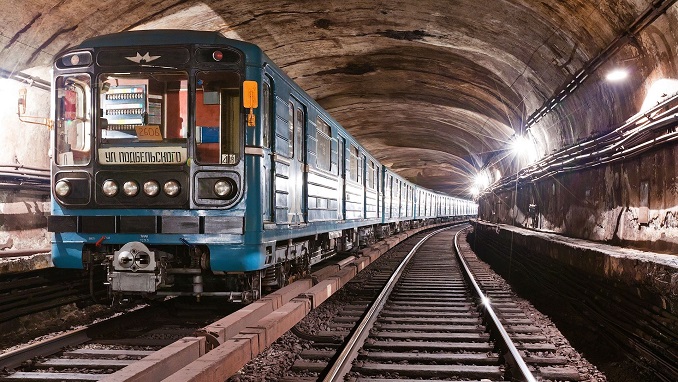The Moscow Metro launched the world’s first ticket payment system based on face recognition technology on Friday, according to officials.
The “Face Pay” cashless, cardless, and phoneless system has been installed at unique turnstiles across the Russian capital’s more than 240 metro stations, Moscow Times writes.
“Passengers will not need a card or a smartphone to access the metro — simply glance at the camera on the turnstile,” said Maxim Liksutov, deputy mayor in charge of transportation.
“You will not have to contact your smartphone or any other surfaces,” Liksutov said, referring to growing worries over the spread of the coronavirus in the capital amid Russia’s record-breaking daily case and death statistics, poor vaccination rates, and weak enforcement of mask-wearing regulations.
To use Face Pay, users must link their picture, bank card, and transportation card, known as a “Troika” vehicle, through the Moscow Metro’s mobile app.
Passengers’ data would be “securely encrypted,” according to Liksutov, although campaigners have expressed privacy concerns. “The turnstile’s camera reads a biometric key, not a facial picture or other personal data,” Liksutov said.
In the next three years, he predicts that up to 15% of metro users will utilize Face Pay on a regular basis.
“Moscow is the world’s first metropolis where the system is operational on such a large scale,” he said. “There are no analogues of Face Pay elsewhere in the world in terms of quality and simplicity of use for passengers.”
The Russian capital’s authorities have already extensively implemented face recognition technology, with a network of almost 200,000 surveillance cameras used to identify criminal offenders.
Activists are concerned that authorities may employ face recognition cameras as a form of monitoring.
This week, Russia’s Kommersant business newspaper claimed that photos submitted by users to a website that offers public services to Moscow residents would be automatically shared with law enforcement officials.
The mayor’s office in Moscow disputed the allegation, but the Kremlin said that security officials already had legal access to private data kept on Russia’s government websites.












